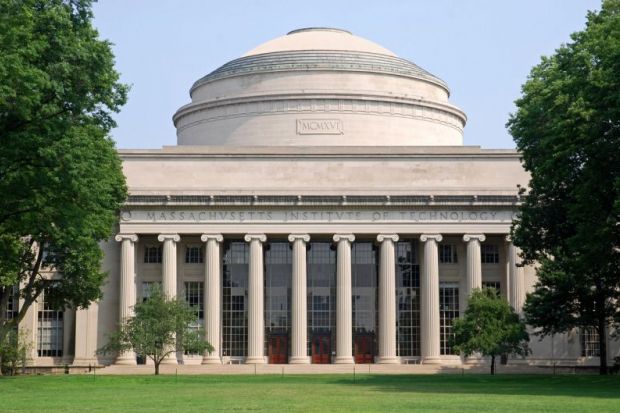US prosecutors are reported to have recommended dropping criminal charges against a Chinese-born Massachusetts Institute of Technology professor accused in the Trump-era crackdown on scientists with foreign funding.
The defendant, Gang Chen, a mechanical engineer and nanotechnology expert, has been one of the more high-profile cases, given his scientific stature and MIT’s commitment to defend him.
That institutional support stands in contrast to many of the dozens to hundreds of university cases in which Trump administration officials accused academic scientists of not properly filling out paperwork outlining their overseas sources of funding.
The most prominent among them, Charles Lieber, a former chairman of chemistry at Harvard University, was convicted last month on five criminal counts concerning his work with the Wuhan University of Technology in China.
Federal prosecutors in the Chen case are described by sources not willing to be named publicly as having already decided to drop the charges and awaiting final approval by other US Justice Department officials. The development was initially reported by The Wall Street Journal and The Washington Post.
An attorney for Professor Chen, Robert Fisher, said he could not discuss the matter. “No comment,” Mr Fisher said, “other than we will continue to fight for Professor Chen until we clear his name.”
Professor Chen was arrested in January 2020 in Boston as he and other MIT faculty and students returned from a trip to China. He was accused of failing to disclose more than $19 million (£14 million) in Chinese government support while also taking US government research money, although later reports suggested that the disclosure rules he allegedly violated were not in effect at the time he pursued his US funding.
As for the overall crackdown on scientists, federal officials have given mixed explanations for it, often attributing the prosecutorial campaign to a general desire to avoid wasting government money on research that has already been funded by other sources. They have acknowledged, however, that their investigations have solely involved non-US partners, usually China, and rarely alleged actual espionage.
US political leaders have been especially concerned with any academic researcher showing signs of involvement in the Thousand Talents Plan, a campaign by China to hire the world’s best scientific and technical expertise.
Professor Lieber’s case is the only successful courtroom prosecution; it ended last month with his conviction on six felony counts after he admitted having hidden some of the cash he received in China. Allies described the professor, also a nanotechnology expert, as fearful that international politics would derail scientific work that he considered important.
Another professor, Anming Hu, was acquitted after the first trial of the Trump-era crackdown when a federal judge concluded that the evidence against the Chinese-born professor at the University of Tennessee at Knoxville had little merit.
At least seven other such cases have been dismissed before trial.
Register to continue
Why register?
- Registration is free and only takes a moment
- Once registered, you can read 3 articles a month
- Sign up for our newsletter
Subscribe
Or subscribe for unlimited access to:
- Unlimited access to news, views, insights & reviews
- Digital editions
- Digital access to THE’s university and college rankings analysis
Already registered or a current subscriber?








